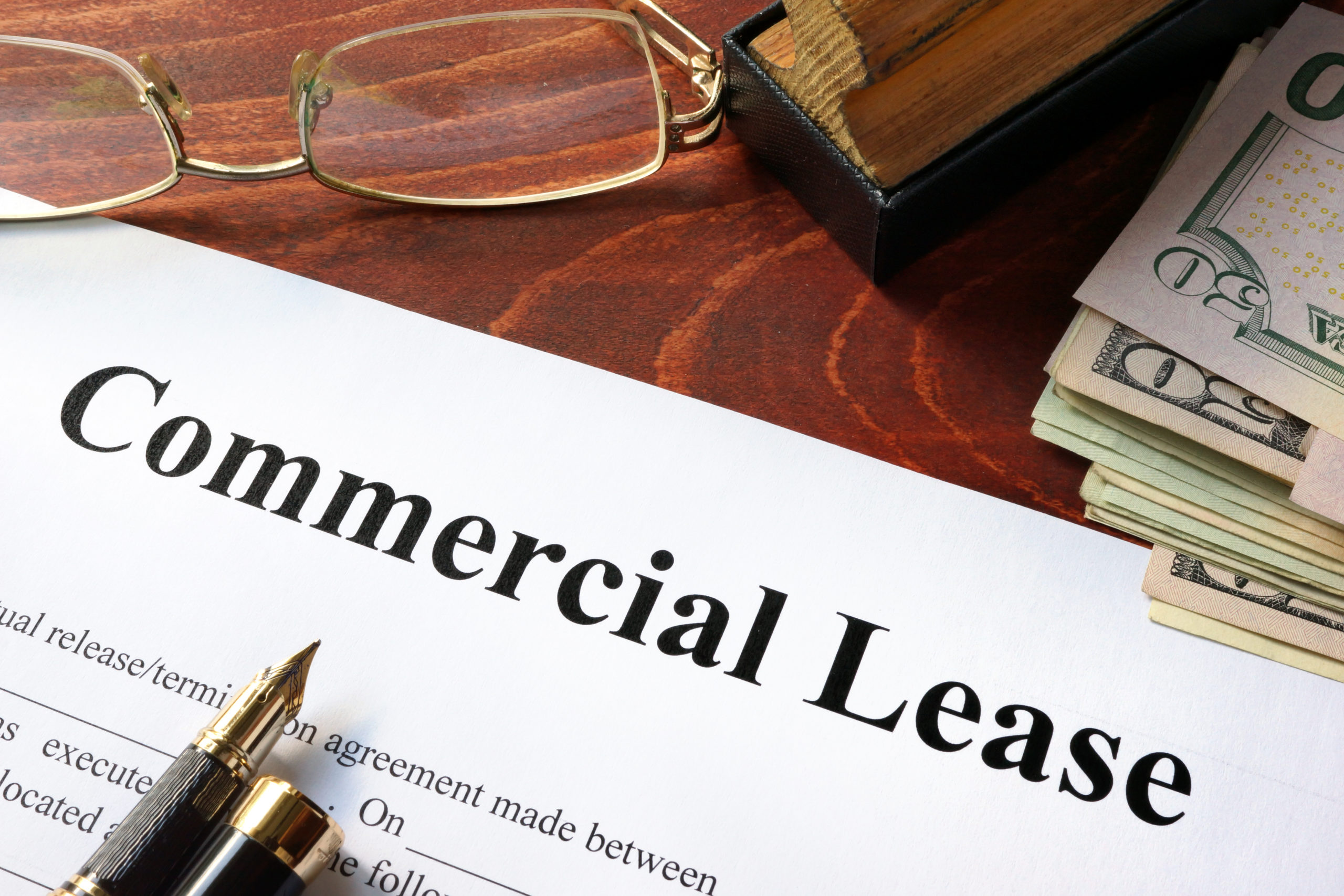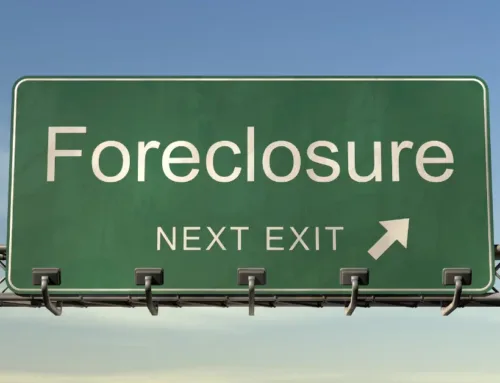Commercial real estate law encompasses a wide range of legal matters pertaining to the ownership, sale, and use of the commercial property. Under the umbrella of commercial real estate law falls commercial leases. A commercial lease is used when a business rents a commercial property from an owner/landlord. Commercial leases are often quite a bit different than residential leases and require an experienced commercial real estate lawyer to create these documents.
Here are the various types of commercial leases and what makes them each different.
Single Net Lease
In a single net lease, the tenant pays the rent and the property tax. The tenant is then responsible for paying the utility bills for the duration of the lease. The main purpose of the single net lease is to ensure that the property taxes are paid on time. Landlords use this type of lease to relieve themselves of the burden of worrying about property taxes.
Double Net Lease
In a double net lease, the tenant is responsible for paying the rent, property taxes, and building insurance. However, one major difference from a single net lease is that the landlord pays for the utilities and building maintenance. A double net lease works well for a multi-tenant property because it removes the burden of trying to determine usage and fair payment for shared utilities.
Triple Net Lease
Landlords benefit from a triple net lease because the tenant has the majority of the responsibility. The tenant is responsible for paying rent, property taxes, insurance, utilities, and maintenance. To make this offer more enticing to tenants, landlords typically offer lower rent in exchange for the greater amount of financial responsibility. This type of commercial lease is beneficial for investors who wish to be less involved with the management of the building.
Bondable Net Lease
A bondable net lease is a stricter version of the triple net lease. It puts even more of the responsibility on the tenant for the maintenance of the property. Anything at all that goes wrong structurally or otherwise is the sole responsibility of the tenant. Repairs from regular wear and tear to severe damage will not be covered by the landlord.
Full-Service Gross Lease
In a full-service gross lease, the tenant pays one flat fee that covers everything. This includes rent, property taxes, building insurance, utilities, and maintenance. The monthly fee remains the same for the duration of the lease. This type of lease is very enticing to the tenant, although it may mean that rent is higher.
Modified Gross Lease
A modified gross lease is similar to a full-service gross lease with one exception: if the operational costs of the building go up for the landlord, the tenant may be responsible for paying the difference. For example, if there is an increase in property tax that raises the cost above the flat rental fee, the landlord can raise the fee.
Percentage Lease
In this type of lease, the tenant is required to pay an agreed-upon percentage of their profits to the landlord in addition to rent. A percentage lease is often used for restaurants and retail stores, especially those that are new businesses that can’t guarantee a certain base level of profits. This may also help an established business that has fallen on hard times but may be able to get its profits back up in the future.
Terms of Commercial Leases
- Automatic renewal. This type of lease will renew automatically unless either party makes a move to end it.
- Fixed. A fixed lease will have a finite ending date. Another lease can be established if both parties wish to continue the current arrangement.
- Options. A lease option gives the tenant the choice to continue the lease or end it after a specified period of time. If the tenant chooses to continue the lease, the terms remain the same but the landlord may include a rent escalation.
Need Help With a Commercial Lease Agreement? Kelly Legal Group Can Help
Creating and interpreting commercial lease agreements requires the expertise of a commercial real estate lawyer. Kelly Legal Group has the expertise necessary to help both landlords and tenants with lease agreements and disputes. It is wise to consult with a lawyer before entering into any lease agreement that may hold you financially responsible for a property.
Call (512) 505-0053 today to schedule a consultation or request an appointment. We look forward to helping you with all of your commercial lease needs.






